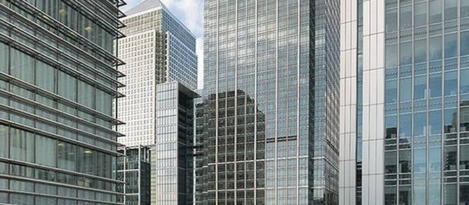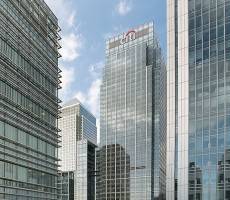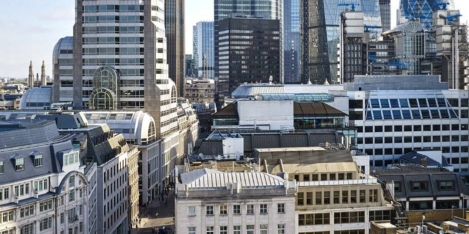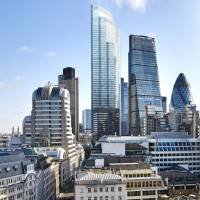August 1, 2016
Smart cities will play essential role in meeting future energy demand 0
 The changing energy demands of British cities are revealed in a new report published by Smart Energy GB and the Centre for Economics and Business Research. The report’s central claim is that urbanisation, economic growth and new technology will drive cities to meet their energy demands with the greater use of sustainable and renewable sources. The authors claim that this is the first time that predictions about increases in energy demand in the UK have been analysed and published on a city level. The Powering Future Cities report suggests that this growing demand will primarily be driven by urban population growth, economic growth and a predicted surge in use of new technology, including electric vehicles. The report coincides with an announcement that the World Green Building Council has created a new partnership with the World Resources Institute-led Building Efficiency Accelerator (BEA) to fast-track improvements to energy efficiency within buildings.
The changing energy demands of British cities are revealed in a new report published by Smart Energy GB and the Centre for Economics and Business Research. The report’s central claim is that urbanisation, economic growth and new technology will drive cities to meet their energy demands with the greater use of sustainable and renewable sources. The authors claim that this is the first time that predictions about increases in energy demand in the UK have been analysed and published on a city level. The Powering Future Cities report suggests that this growing demand will primarily be driven by urban population growth, economic growth and a predicted surge in use of new technology, including electric vehicles. The report coincides with an announcement that the World Green Building Council has created a new partnership with the World Resources Institute-led Building Efficiency Accelerator (BEA) to fast-track improvements to energy efficiency within buildings.










 Global law firm Osborne Clarke has released its fourth
Global law firm Osborne Clarke has released its fourth 
 In a new report
In a new report 
 A coalition of twenty major European telecommunications firms has come together to drive the rapid creation of a continent wide 5G network and warn national Governments and the EU of the dangers of over-regulation. The seven page document entitled the
A coalition of twenty major European telecommunications firms has come together to drive the rapid creation of a continent wide 5G network and warn national Governments and the EU of the dangers of over-regulation. The seven page document entitled the 


 It was Frank Lloyd Wright who said ‘a doctor can bury his mistakes but an architect can only advise his clients to plant vines’. His words will be ringing in the ears of London planners who have decided they need to do something about the blight of Rafael Viñoly’s reviled Walkie Talkie building at 20 Fenchurch Street, according to
It was Frank Lloyd Wright who said ‘a doctor can bury his mistakes but an architect can only advise his clients to plant vines’. His words will be ringing in the ears of London planners who have decided they need to do something about the blight of Rafael Viñoly’s reviled Walkie Talkie building at 20 Fenchurch Street, according to 

























June 18, 2016
Productive workplaces + Long hours link to ill health + Coworking rise 0
by Sara Bean • Cities, Comment, Environment, Facilities management, Flexible working, Furniture, Newsletter, Technology, Wellbeing, Workplace